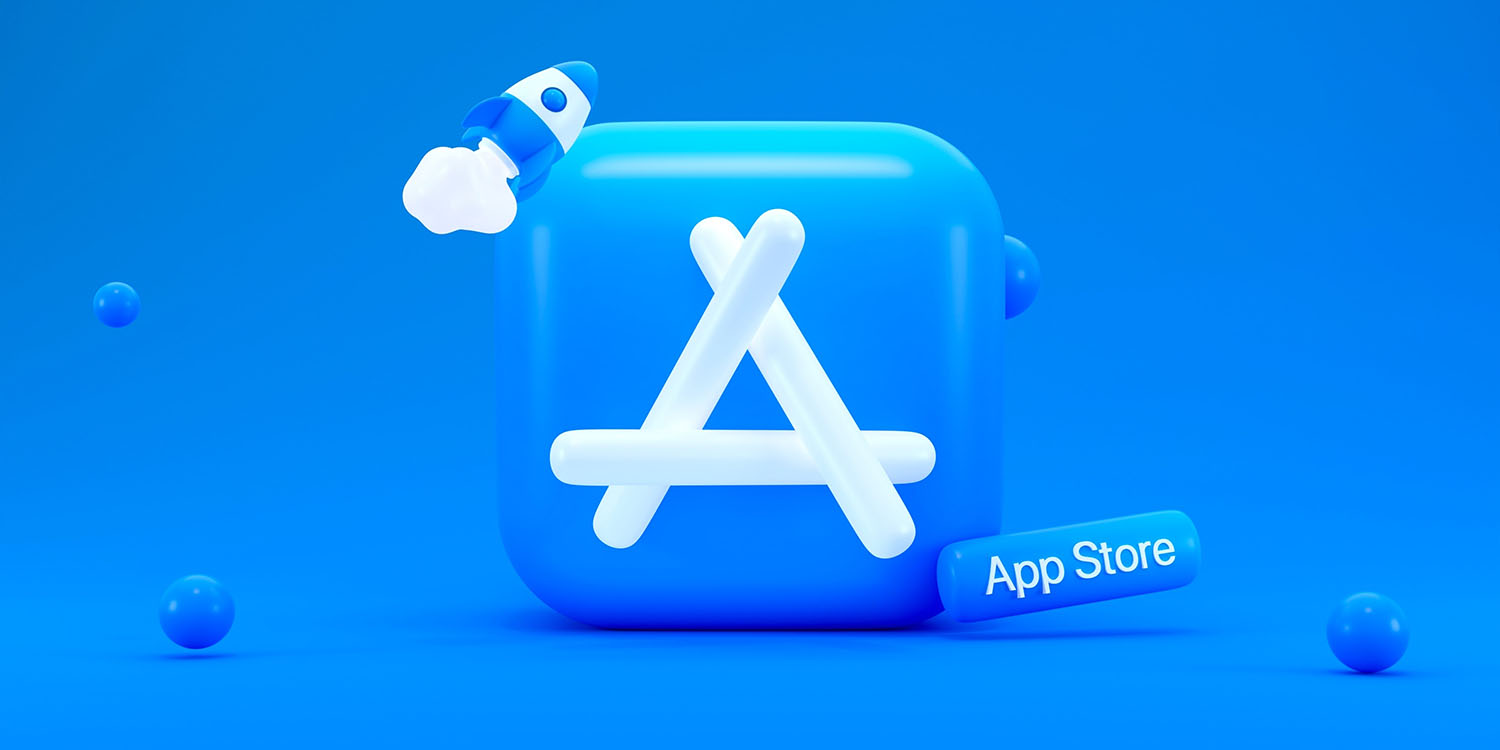
Another day, another Apple antitrust probe. Just yesterday we learned that the European Union was ramping up its investigation into Apple Pay, and today Italy’s competition watchdog has announced an investigation into the company’s App Store privacy policies.
This latest investigation may be new, but its topic is not: Italy is the third country to question the legality of Apple setting tougher privacy requirements for third-party apps than it does for its own apps …
Apple exempt from App Tracking Transparency rules
Previously, Apple was happy to allow apps to freely use anonymized tracking IDs to link ad delivery to website visits. This enabled developers to sell personalized ads within their apps, which bring in more revenue than generic ads.
This changed with the introduction of App Tracking Transparency. Now, app developers must ask you if you want to allow that tracking. If you say no (as most people do), then the apps are not allowed to use that system.
Facebook and Instagram owner Meta was especially upset by this, predicting that the change in policy would cost it billions of dollars per year. In particular, it objects to the fact that Apple’s own apps don’t have to ask permission for tracking, enabling the iPhone maker to gather valuable data that is not available to third-party developers.
In particular, Apple is accused of hurting rival ad platforms in order to boost business for its own App Store ad offers.
Apple antitrust probe extends to Italy
Both France and Germany have already opened antitrust investigations into this.
The German investigation began in June of last year.
The Bundeskartellamt has initiated a proceeding against the technology company Apple to review under competition law its tracking rules and the App Tracking Transparency Framework. In particular, Apple’s rules have raised the initial suspicion of self-preferencing and/or impediment of other companies.
Progress has been slow, so far concluding only that Apple is sufficiently powerful to be subjected to closer regulation. In the same month, France also announced its own investigation.
A new report says that the French Competition Authority has found evidence of anticompetitive behavior by Apple in regard to app tracking.
And Reuters reports that today Italy has done the same.
Italy’s antitrust agency AGCM said on Thursday it had opened a probe into U.S. technology giant Apple for alleged abuse of its dominant position in the apps market.
The watchdog said Apple penalised third-party app developers by imposing “a more restrictive privacy policy” than it applies to itself, from April 2021 […]
“Apple’s alleged discriminatory conduct may cause a fall in advertising revenues for third-party advertisers, to the benefit of Apple’s commercial division,” the authority said.
Apple told us:
At Apple, we believe that a user’s data belongs to them and they should get to decide whether to share their data and with whom. App Tracking Transparency simply gives users the choice whether or not they want to allow apps to track them or share their information with data brokers. These rules apply equally to all developers — including Apple — and we have received strong support from regulators and privacy advocates for this feature. We will continue to engage constructively with the AGCM to address any of their questions.
9to5Mac’s Take
Apple’s App Tracking Transparency rules are a good thing. It’s right that we get to choose what personal data we share with apps, and to be advised how that data will be used if we do agree to share it.
However, it’s also reasonable that Apple’s own apps should be subject to the exact same rules. In reality, the iPhone maker comes very close to doing this, but there is a gray area in which the company could reasonably be accused of using data only it holds in order to benefit its own App Store advertising business.
It wouldn’t be difficult for Apple to comply with both the spirit and the letter of the law, and it could remove a growing antitrust headache by doing so. Put another way, it seems a no-brainer for Apple to issue a clear, unambiguous statement that it will subject itself to the same ATT rules as it requires of third-party apps – including for the App Store app itself.
Image: Mariia Shalabaieva/Unsplash
FTC: We use income earning auto affiliate links. More.






Comments